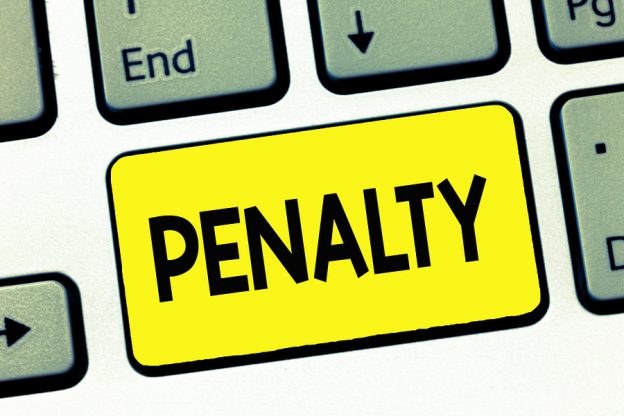
HMRC interest rates are directly linked to the Bank of England (BOE) base rate.
On the 5th May 2022 the Bank of England monetary policy committee voted to increase the base rate from 0.75% to 1%.
What does this mean for HMRC interest rates?
HMRC interest rates will now go up because of the increase in the base rate.
These changes will come into effect on:
- 16 May 2022 for quarterly instalment payments
- 24 May 2022 for non-quarterly instalments payments
Late payment interest is set at base rate plus 2.5%. HMRC imposes a rate of late payment interest to encourage tax payers to pay what they owe on time. It also brings in an element of fairness for taxpayers who do pay the income tax they owe on or before any deadlines.
What about the HMRC repayment interest rate?
The repayment interest rate HMRC offers will not change and will remain at 0.5%. The repayment rate is set at Bank Rate minus 1%, with a 0.5% lower limit.
The repayment interest rate compensates taxpayers for the loss of use of their money when they pay early or overpay.
You can find out more about HMRC interest rates for payments here.
How does HMRC set the interest rate?
The interest rates are linked to the Bank of England base rate and are set in legislation.
The minimum floor for repayments made sure that taxpayers still received the rate of 0.5% even when base rate fell to 0.1%.
The repayment interest rate will be kept at 0.5% until a date when the Bank of England raises base rate above 1.5%. If the base rate gets to 1.5% the HMRC repayment interest rate will increase with the base rate.
I need help with HMRC interest rates
If you have any questions relating to HMRC repayment or late payment interest rates you should contact HMRC directly or ask your accountant if you have one.
You can find HMRC contact information here along with some other helpful information about the tax office.







